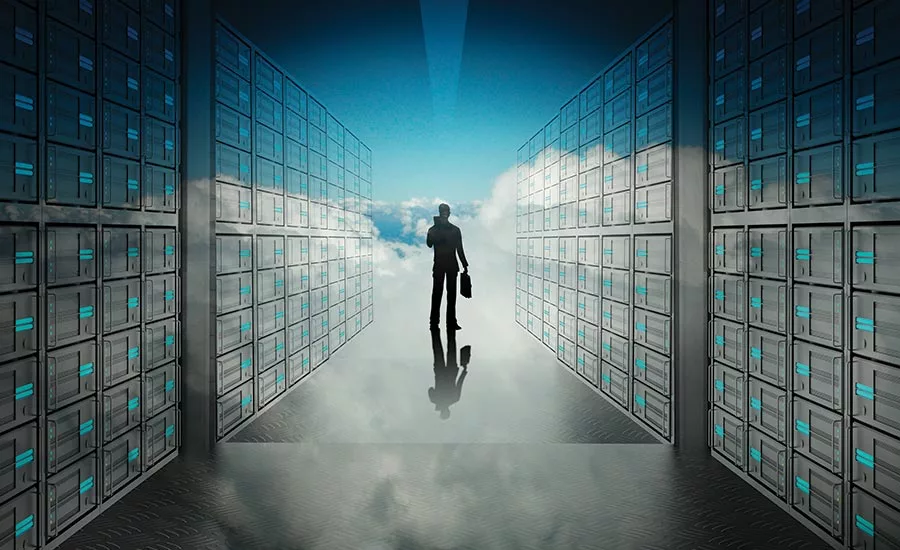Data and the Life Ever After
Do You Have a Data Privacy Plan for After Death?

In November 1789, speaking about the Constitution and his life, Benjamin Franklin allegedly said: “Our new Constitution is now established, everything seems to promise it will be durable; but, in this world, nothing is certain except death and taxes.” Five months later, he passed away.
No one likes to think about their own mortality, but it’s going to happen to all of us. When my grandparents passed away a few years ago, we found some solace in some of their personal belongings: family photos, their favorite sweater, recipes, their favorite chair – things that reminded us of them and the stories that we shared.
My grandparents didn’t have cellphones, or a social media account, or email. Most of us, though, do have those items, which means we have data. Beyond those data-filled items, there's medical records, bank accounts, videos, photos, emails and more, all of which are stored and backed up and sometimes, stolen or lost. The point is that with recent advancements in technology, it’s now possible to live forever through our data. For most of us, that’s a scary thought!
What happens to your data when you die? Most of us don’t know, and we haven’t planned for it.
Recent survey data from Utopia, a global data solutions company, found that 84 percent of people consistently back up their personal data, but only one third of us have thought about what might happen to it after we die. Even more, 89 percent of us have no idea what will happen to our data when we die, and 75 percent of those don’t currently have a plan but intend to make one in the future.
Utopia’s survey also found that 91 percent of people with a smart-connected device, such as a tablet, laptop or phone, have lost their data in some way, especially since 86 percent report they store some data electronically, and 19 percent say they store all of their data electronically. The survey found that 32 percent had their data stolen, either via a damaged device (28 percent), due to an old or faulty device (19 percent), or a lost or stolen device (20 percent).
“What’s interesting is the generational differences,” said the Utopia study. “Of the 16 percent of lost data due to a security breach, Baby Boomers are affected most. They get hacked 51 percent more often than Millennials. On the contrary, Millennials are twice as likely to lose their phones than Baby Boomers.”
The good news is that the fear of losing data or having it stolen has prompted 84 percent of survey respondents to back up their data today, the survey said, with 21 percent of respondents backing up semi-monthly, followed by monthly or weekly at respectively 18 percent and 17 percent.
What data do survey respondents want private after their passing? Twenty-six percent want their social media accounts private, while 24 percent want their pictures and videos kept private, 16 percent say written content, 14 percent reported financial accounts and business contracts, and nine percent don’t want their medical records revealed after their death.
Even more, said the Utopia report, the top three assumptions about data after death include:
- 43 percent said it continues to exist and can be accessed
- 38 percent said it continues to exist but is not accessible
- 14 percent said it is passed to the next of kin
Considering the attention paid to our data in the present, it is surprising that only 33 percent have thought about what happens to that information after they die. And 89 percent of the respondents claimed to be completely unaware of the rules pertaining to their electronic data after death.
In any event, the most important finding in this survey is about preparedness, the survey suggested. “Only 18 percent of respondents claim to have a plan for their social media accounts, writings, videos and photos, and other personal material after they die. Of them, 64 percent have a designated family member or loved one to take over, 10 percent have a trusted friend to manage the information and 8 percent entrusted a legal representative to handle personal data.”
Since we spend so much time backing up and storing our data, shouldn’t we spend some time thinking about what will happen to it, who will manage it, what should be done with it once we’re gone? What’s your plan?
Looking for a reprint of this article?
From high-res PDFs to custom plaques, order your copy today!




